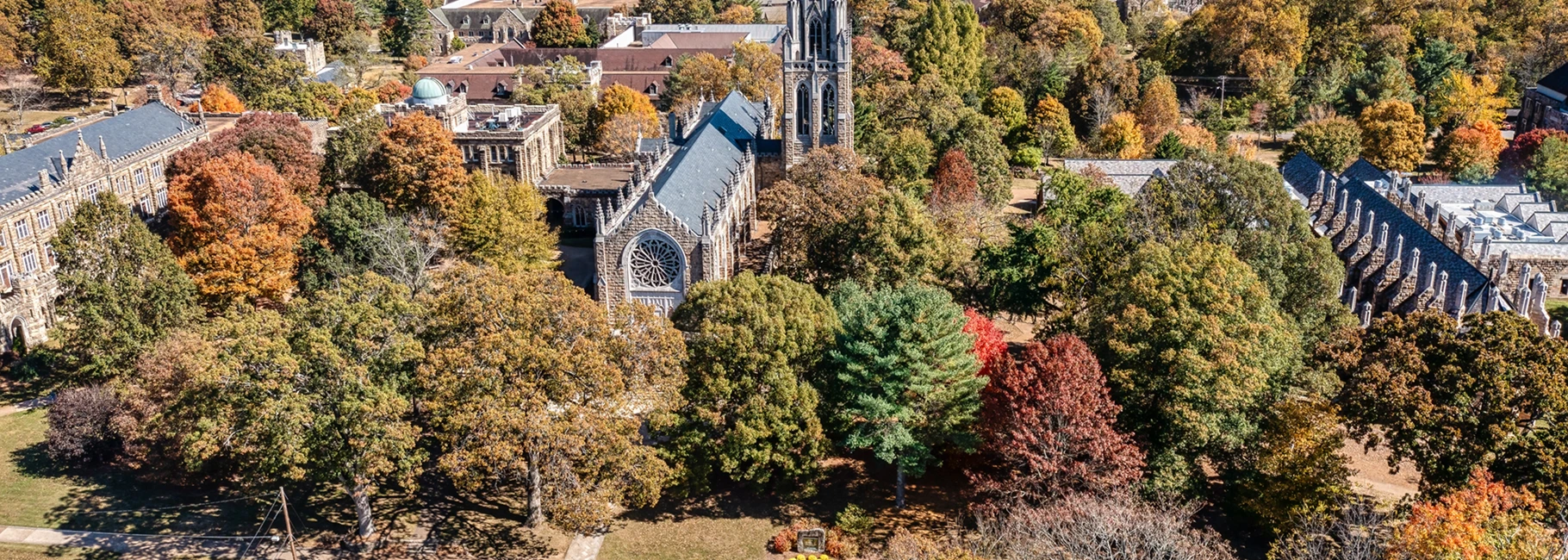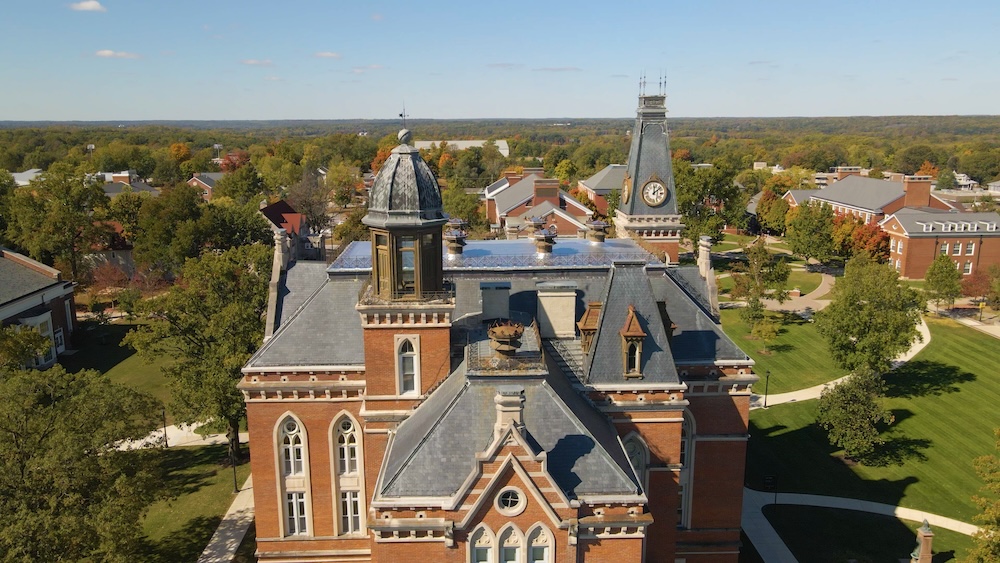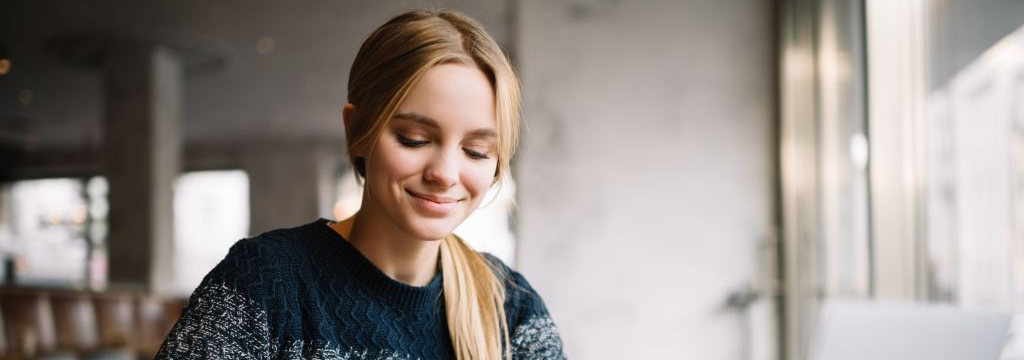By an IvyWise College Admissions Counselor
“I got a B in AP Calculus,” a student recently said to me. “I guess I won’t have a shot at my dream schools, since I know colleges automatically reject students who don’t have straight A’s.” This is a conversation I often have with students this time of year. I assured my student that one B on his otherwise flawless transcript does not make it or break it. However, having worked in the admissions office at Columbia University — which has a 3.85% acceptance rate — I’m not naive about the selective review process.
Conversations in the committee rooms at the Ivies, Stanford, and MIT revolve around splitting hairs, opaque and vague “institutional priorities,” and other seemingly arbitrary factors. Given the frenzy this produces, I feel deeply for students and families who desperately try to figure out what the most selective colleges want to see. The harsh reality is that students can do everything right and still get denied from the most highly selective schools.
But what about the invisible majority? What about the amazing students I work with who have B’s and C’s but are destined for success in the admissions process and beyond? This article is a letter to some of my favorite — and ultimately most successful and happy — students:
- Those for whom traditional high school wasn’t a great fit.
- Those who are neurodivergent and have had to try twice as hard for half of the result.
- Those who took time to find their footing academically in freshman year, their grades suffering as a result.
- Those who crave balance and (gasp!) free time, electing to take classes that are of interest to them, rather than piling on AP classes at the cost of their mental health.
Recognize Your Strengths
This student is an academic powerhouse, taking multiple AP classes and deftly balancing his coursework with many deep commitments outside of the classroom. So, we had many subsequent conversations about holistic review, the test-optional climate on college campuses, and the many great things that he will bring to a campus community next fall.
It’s important to do your homework. Do your best and live up to your potential. But also know that most colleges don’t expect perfection. And the sooner you learn that you are perfectly imperfect, the earlier you can celebrate the unique strengths you possess and can bring into the world. I’ve counseled woodworkers, beekeepers, pilots, and just plain hardworking humans who faculty love to teach.
Some of my C students are the quiet leaders. I see them sitting in the halls with a new student who doesn’t have any friends yet. While they may not be able to memorize and regurgitate the various parts of a plant cell, they are a reservoir of empathy and provide a sort of “social glue” for the school. Sometimes they excel behind the scenes. And sometimes they play video games or spend their weekends camping or reading for pleasure. Unfortunately, sometimes anything that isn’t done for college can be misperceived as a waste of time. But if you love what you do, you may be better positioned in the college application process than if you spend all of your time trying to predict what you think colleges want to see and contort yourself into someone you are not as a result.
Many times, C students are really smart and go to good colleges! Oftentimes, their parents know who they are and don’t apply the same pressure I see imposed upon other students who feel an intrinsic need to perform and have a hypercompetitive streak. This leaves a lot of room for students to see the potential for success at a variety of institutions – that are all fantastic! – not just the name-brand ones. Which leads me to my next point.
Find Your Fit
The goal of our work with students is to unearth their genuine interests and find colleges that will uniquely support their academic and social needs. For some students, the most highly selective colleges align with their values and goals, and they are competitive for admission. But for others, their goals reside elsewhere. There are plenty of good colleges out there that will gladly reward students for genuine effort, even if it has not produced a flawless academic record. It’s all about finding the best-fit school for your personal and academic goals. Our work with students at IvyWise revolves around fit and ensuring that students, no matter their transcripts, are doing the things they love and applying to the schools where they’ll be successful and happy.
For example, at Columbia, we would very rarely admit students with C’s. When I worked in admissions at The New School, we could take a chance on a student with a more modest academic record. We accepted roughly three out of four students who applied. Those committee conversations were fun! We work with our students to build balanced lists of great-fit schools where they’ll thrive and help them put together applications that showcase their strengths so admissions committees can see the student outside of the transcript.
The New School’s website proudly proclaims that the university was founded “by a small group of prominent American intellectuals and educators who were frustrated by the intellectual timidity of traditional colleges” and goes on to say that “dissenting opinions, radical ideas, and progressive solutions have always had a home at The New School.” Our students were working artists, activists, and changemakers. Some of them produced high-level work at traditional high schools, while others bucked the system, challenged their administrations, and secretly (or overtly) gave a side eye to the “normies,” electing instead to embody their individual expression. I saw students operating out of joy instead of fear.
So, if you are a student whose transcript looks like alphabet soup, the world welcomes you — and so will good colleges where you will find your people! You are in good company. Remember, we are all imperfect, and the college process does not define who you are. I look forward to seeing you on Forbes’ “30 Under 30” list or doing your thing on the off-off-off Broadway stages in the depths of Brooklyn. Either way, I promise no one will be checking your high school transcript.
At IvyWise, we work with students to help them identify and apply to their best-fit schools — whether those are hyper-competitive research universities or small, liberal arts colleges. Your IvyWise counselor will work with you to find the schools that are the best fit for your interests and goals, and help you showcase your best self in your applications. Contact us today for more information on our College Admissions Counseling services.




